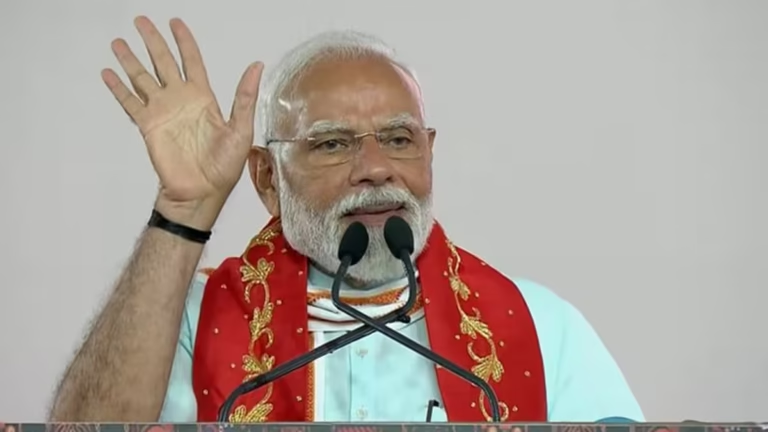The European Space Agency (ESA) is gearing up for a crucial mission to investigate the asteroid Apophis, which is set to make a close approach to Earth in 2029. Known as the Rapid Apophis Mission for Space Safety (Ramses), the mission aims to gather vital data about this potentially hazardous object.
Understanding the Threat of Apophis
Apophis, a peanut-shaped asteroid measuring approximately 1,230 feet in diameter, was first discovered in 2004. Its close proximity to Earth during its 2029 flyby has raised concerns among scientists. While the risk of a direct collision remains minimal, understanding Apophis’s composition, structure, and trajectory is essential for planetary defense.
Also Read: Yamuna River Chokes Under Toxic Foam Blanket
A Slim of Collision
Recent studies have highlighted a slim but non-zero risk of Apophis colliding with Earth during its 2029 approach. Astronomer Paul Wiegert from Western University in Canada calculated that a collision could occur if the asteroid were struck by another space rock at just the right angle. However, the odds of such an event happening are extremely low, estimated to be around one in two billion.
Future Observations and International Collaboration
While the possibility of an impact in 2029 has been ruled out, scientists will continue to monitor Apophis’s trajectory to refine their calculations. The Ramses mission, along with other international efforts like NASA’s Double Asteroid Redirection Test (DART), aims to improve our understanding of near-Earth objects and develop strategies to protect our planet from potential threats.
A Global Effort for Planetary Defense
The Ramses mission and other international collaborations highlight the importance of global cooperation in planetary defense. By studying asteroids like Apophis, scientists can gain valuable insights into their behavior and develop effective countermeasures. As humanity continues to explore the cosmos, the need for vigilant monitoring and preparedness for potential threats from space becomes increasingly crucial.
Discover more from
Subscribe to get the latest posts sent to your email.







